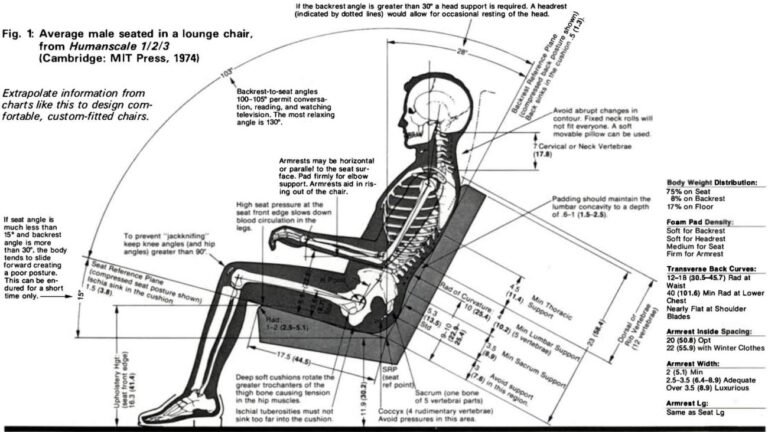Exam for aspiring doctors: What You Need to Know
Introduction: The Importance of Medical Exams
Are you dreaming of a career in medicine? Aspiring doctors, listen up! Before donning that white coat and stethoscope, there’s a crucial step on your journey – the medical entrance exam. It’s your ticket to the world of healthcare, where lives are saved and miracles happen. Let’s dive into what you need to know about acing those exams and securing your spot in medical school!
Types of Medical Exams for Aspiring Doctors
When it comes to pursuing a career in medicine, exam for aspiring doctors must navigate through various types of exams that serve as gateways to their dreams. One of the most well-known exams is the Medical College Admission Test (MCAT), which evaluates critical thinking skills and scientific knowledge essential for success in medical school.
Apart from the MCAT, there are other important entrance exams like the UK Clinical Aptitude Test (UKCAT) and the Biomedical Admissions Test (BMAT). These tests assess candidates’ abilities beyond academic achievements, focusing on attributes such as problem-solving skills and ethical reasoning.
In addition to these standardized exams, some medical schools may also require interviews or supplementary assessments to gain insight into applicants’ personal qualities and motivations for pursuing a medical career. It’s crucial for aspiring doctors to familiarize themselves with the specific requirements of each institution they apply to.
The MCAT: Purpose and Format
The Medical College Admission Test (MCAT) is a crucial exam for aspiring doctors, designed to assess their knowledge and skills necessary for success in medical school. The MCAT aims to evaluate candidates’ understanding of basic scientific principles, critical thinking abilities, and problem-solving skills required in the field of medicine.
The MCAT consists of four sections: Biological and Biochemical Foundations of Living Systems, Chemical and Physical Foundations of Biological Systems, Psychological, Social, and Biological Foundations of Behavior, as well as Critical Analysis and Reasoning Skills. Each section is carefully crafted to test different aspects relevant to the practice of medicine.
Moreover, the MCAT format includes multiple-choice questions that challenge examinees on various topics ranging from biology and chemistry to psychology and sociology. It’s essential for aspiring doctors to familiarize themselves with the format beforehand through practice exam for aspiring doctors and study materials tailored specifically for the MCAT.
Tips for Studying and Preparing for the MCAT
Studying for the MCAT can be daunting, but with the right approach, you can tackle it successfully. Start by creating a study schedule that allows you to cover all sections of the exam thoroughly. Break down your study sessions into manageable chunks to avoid feeling overwhelmed.
Utilize resources like practice exam for aspiring doctors, review books, and online study materials to familiarize yourself with the format and types of questions you’ll encounter on test day. Consider joining a study group or finding a study buddy to stay motivated and accountable throughout your preparation process.
Focus on understanding concepts rather than rote memorization. Engage in active learning techniques such as teaching the material to someone else or creating mnemonics to help retain information better. Don’t forget to take breaks and prioritize self-care during your study period.
Trust in your abilities and stay confident in your preparation efforts. With dedication and smart studying strategies, you can excel on the MCAT exam and pave the way for a successful medical career ahead!
Other Medical School Entrance Exams
When it comes to aspiring doctors, the road to medical school is paved with various entrance exams beyond just the MCAT. Different countries and regions may have their own specific tests that applicants must take to be considered for admission into medical programs.
For example, in the United Kingdom, aspiring doctors need to sit the UK Clinical Aptitude Test (UKCAT) or Biomedical Admissions Test (BMAT) depending on the universities they are applying to. These exams assess a candidate’s critical thinking skills, problem-solving abilities, and scientific knowledge.
In Australia, prospective medical students often need to take the Undergraduate Medicine and Health Sciences Admission Test (UMAT). This exam evaluates candidates’ non-academic attributes such as communication skills and ethical decision-making.
Being aware of these additional entrance exam for aspiring doctors and preparing effectively can greatly enhance an applicant’s chances of securing a spot in their desired medical school program.
The Role of Exam Scores in Medical School Admissions
Scoring well on medical school entrance exams plays a crucial role in the admissions process. Admissions committees use these scores to evaluate applicants’ academic readiness for the rigorous curriculum ahead. High exam for aspiring doctors scores can often make a candidate stand out among the pool of applicants, showcasing their potential to succeed in medical school.
While exam scores are not the sole determinant for admission, they hold significant weight in the decision-making process. Strong performance on exams demonstrates a candidate’s ability to comprehend complex scientific concepts and apply critical thinking skills. It also reflects their dedication and commitment to pursuing a career in medicine.
Competitive exam results can open doors to prestigious medical schools and scholarship opportunities. However, it’s essential for aspiring doctors to remember that holistic evaluation includes factors beyond exam scores, such as extracurricular activities, personal statements, and letters of recommendation.
In essence, while high exam for aspiring doctors scores are important, they should be viewed as one piece of the puzzle in securing admission to medical school.
Conclusion: Preparing for Success in Your Medical Career
In your journey to become a doctor, excelling in medical exams is crucial. From the MCAT to other entrance exams, these assessments play a significant role in shaping your future in medicine. By understanding the purpose and format of these exams, strategizing your study approach, and aiming for high scores, you set yourself up for success in gaining admission to medical school.
Remember that exam results are only one aspect of the admissions process; showcasing well-rounded qualities such as empathy, leadership skills, and dedication through extracurricular activities and personal statements can also make a difference. Preparing for success in your medical career involves not only mastering academic content but also embodying the values of compassion and professionalism that define an excellent physician.
As you embark on this challenging yet rewarding path towards becoming a doctor, stay focused on your goals, seek support from mentors and peers, and keep striving for excellence in all aspects of your academic journey. With determination, hard work, and passion for helping others through medicine, you are well-equipped to achieve your dreams of making a positive impact on patients’ lives as a future healthcare provider.







